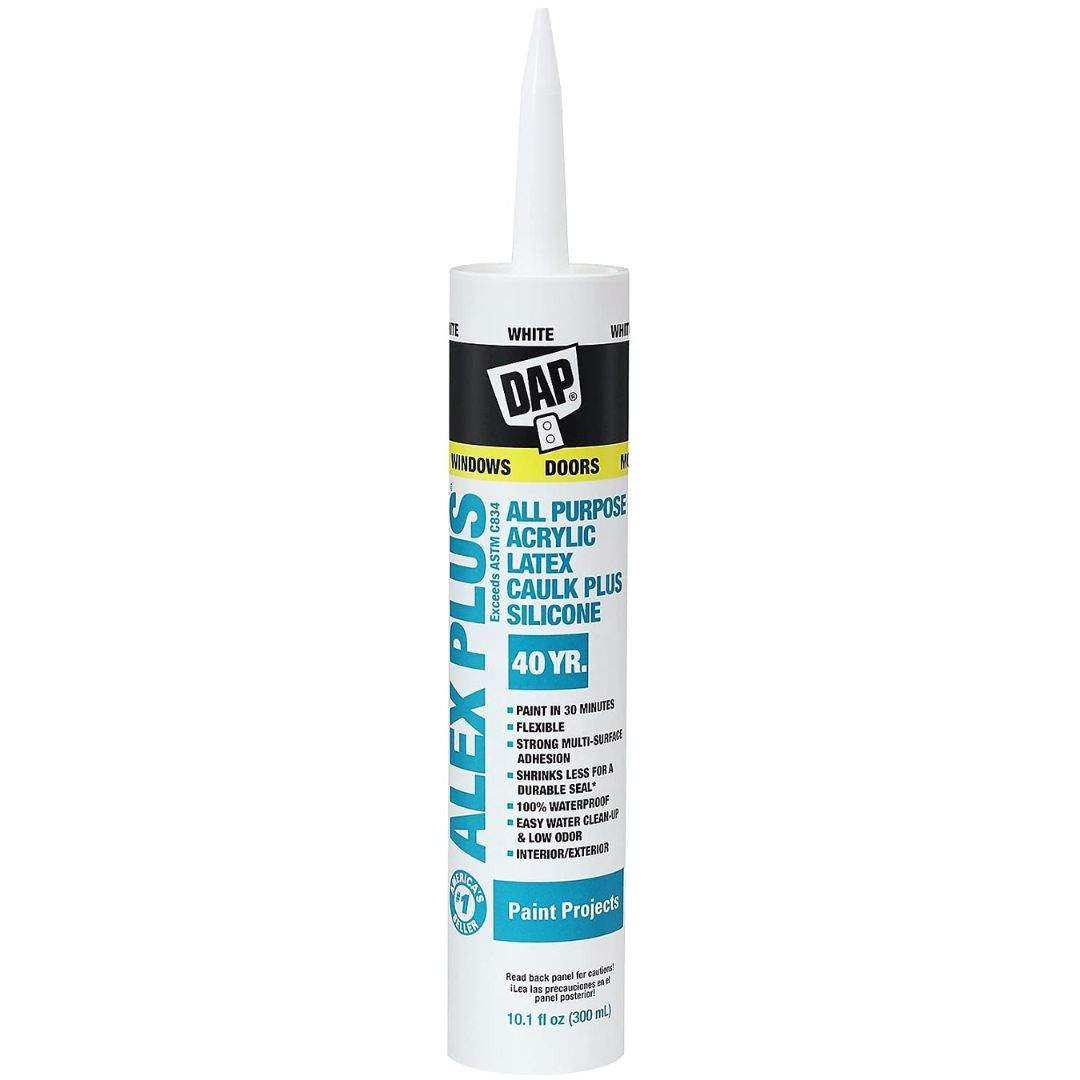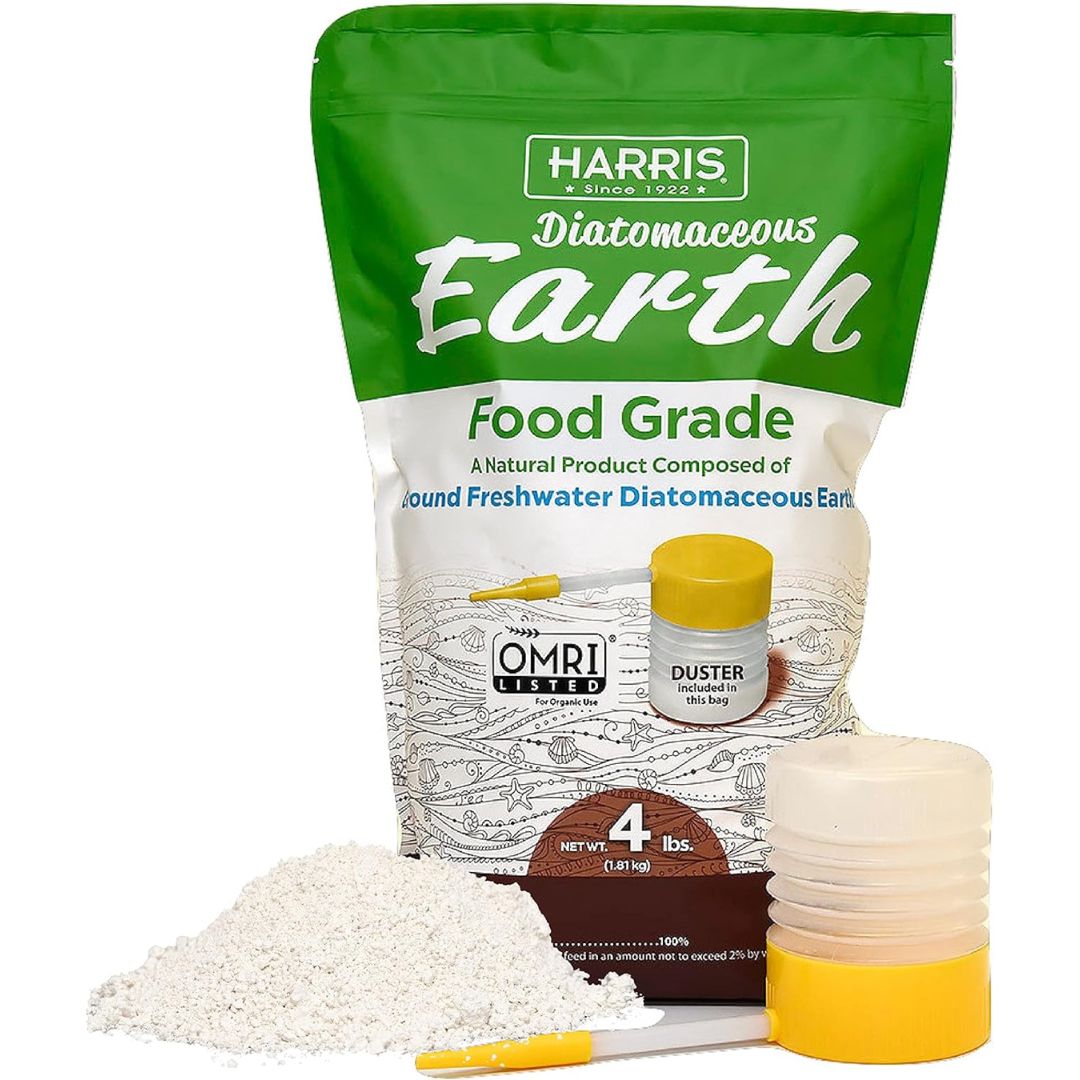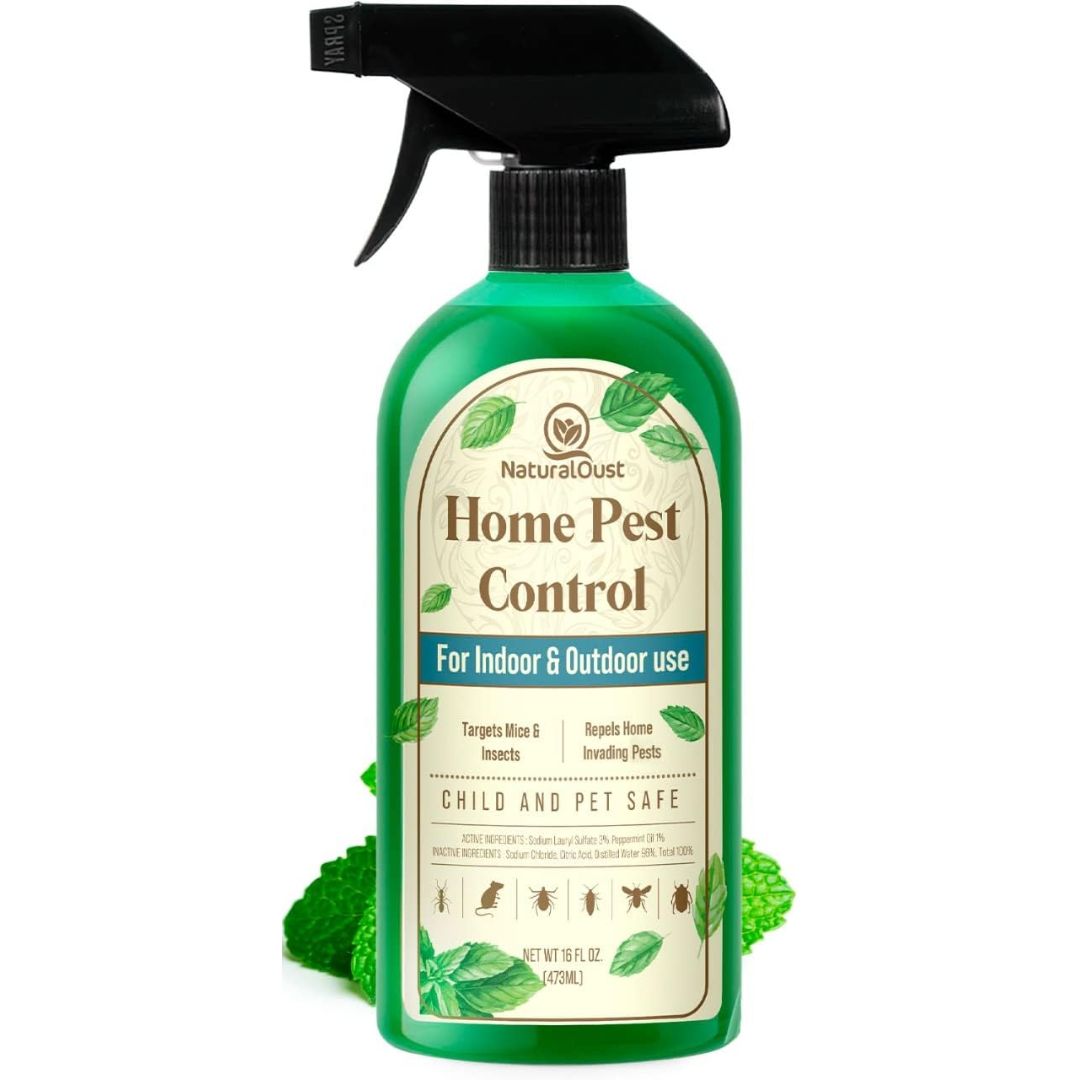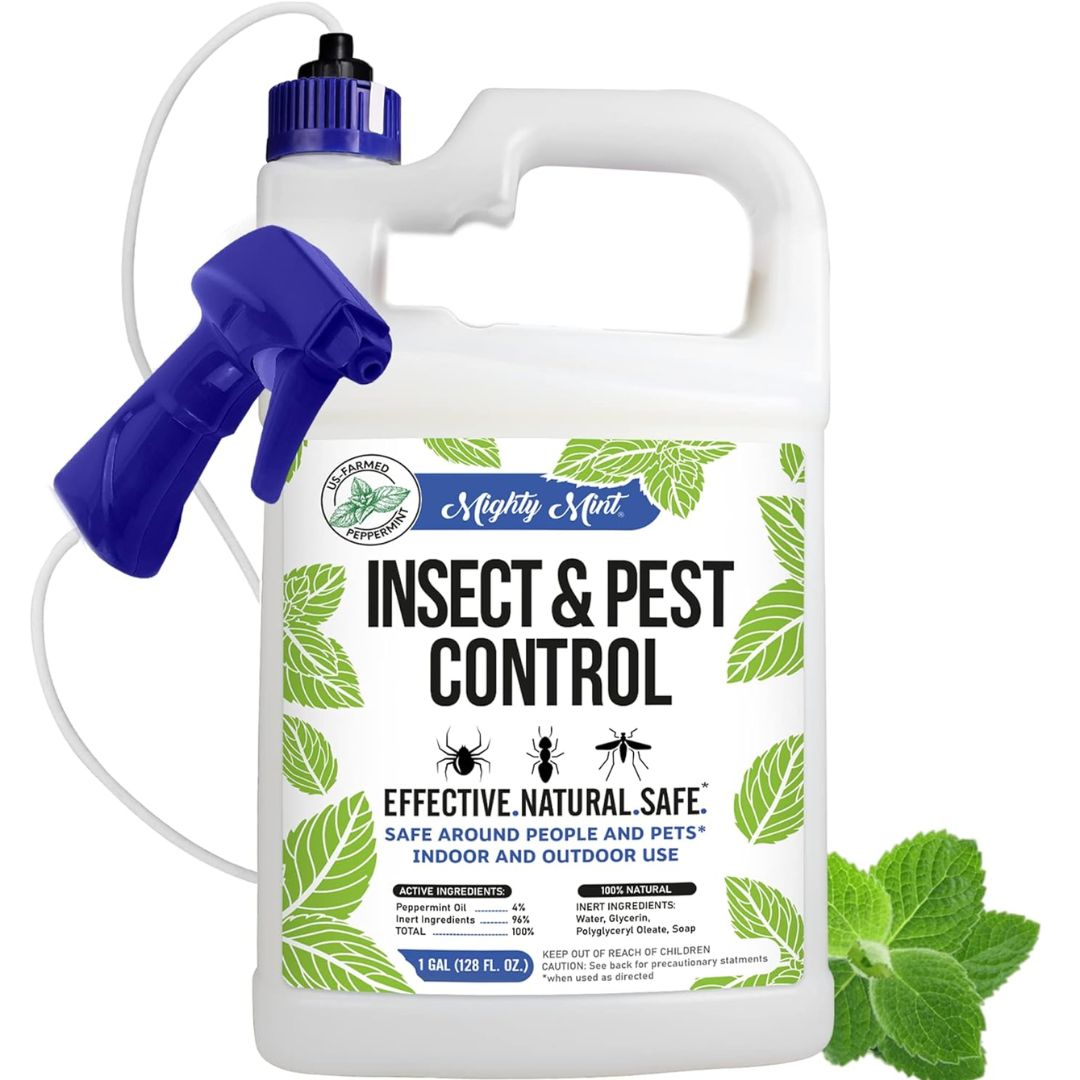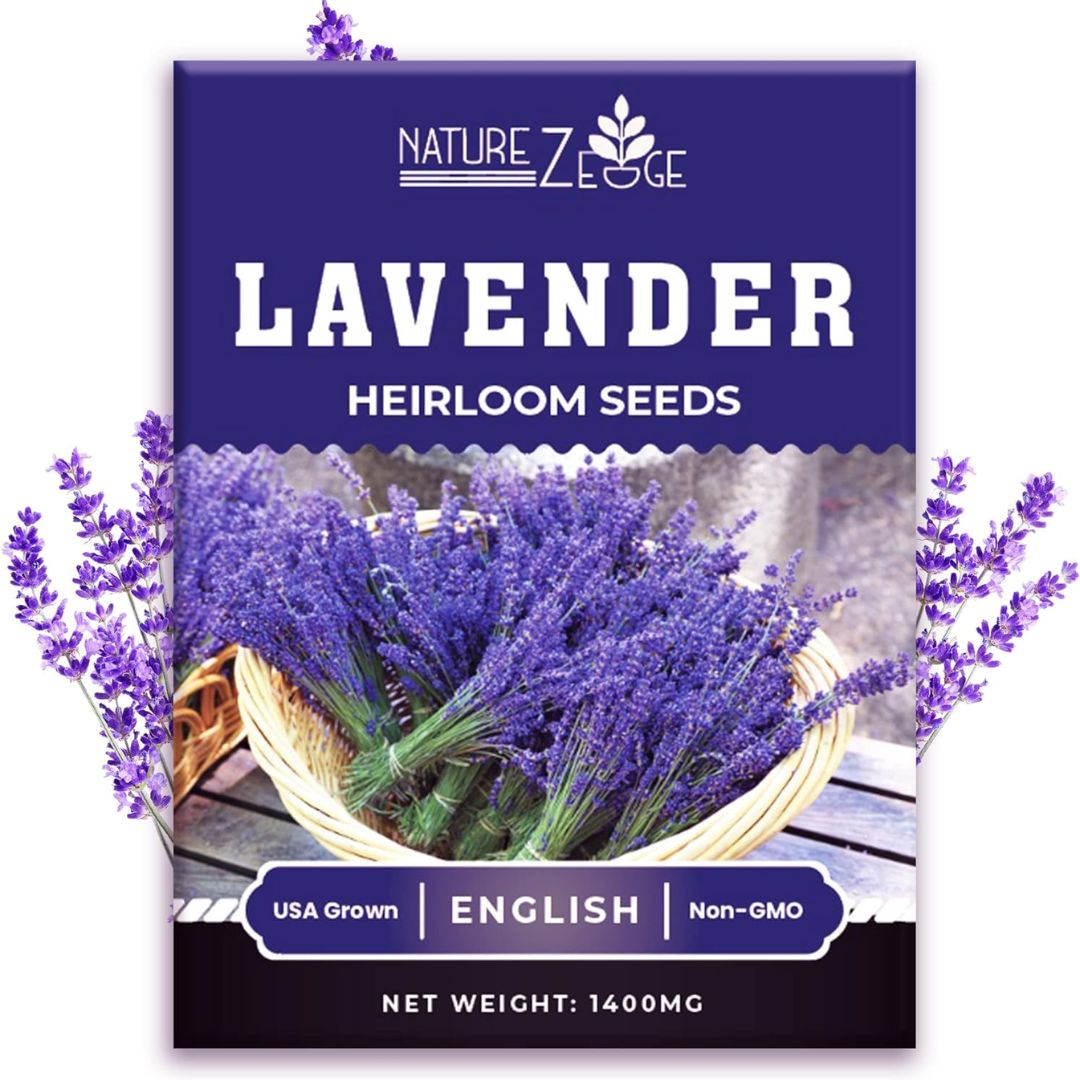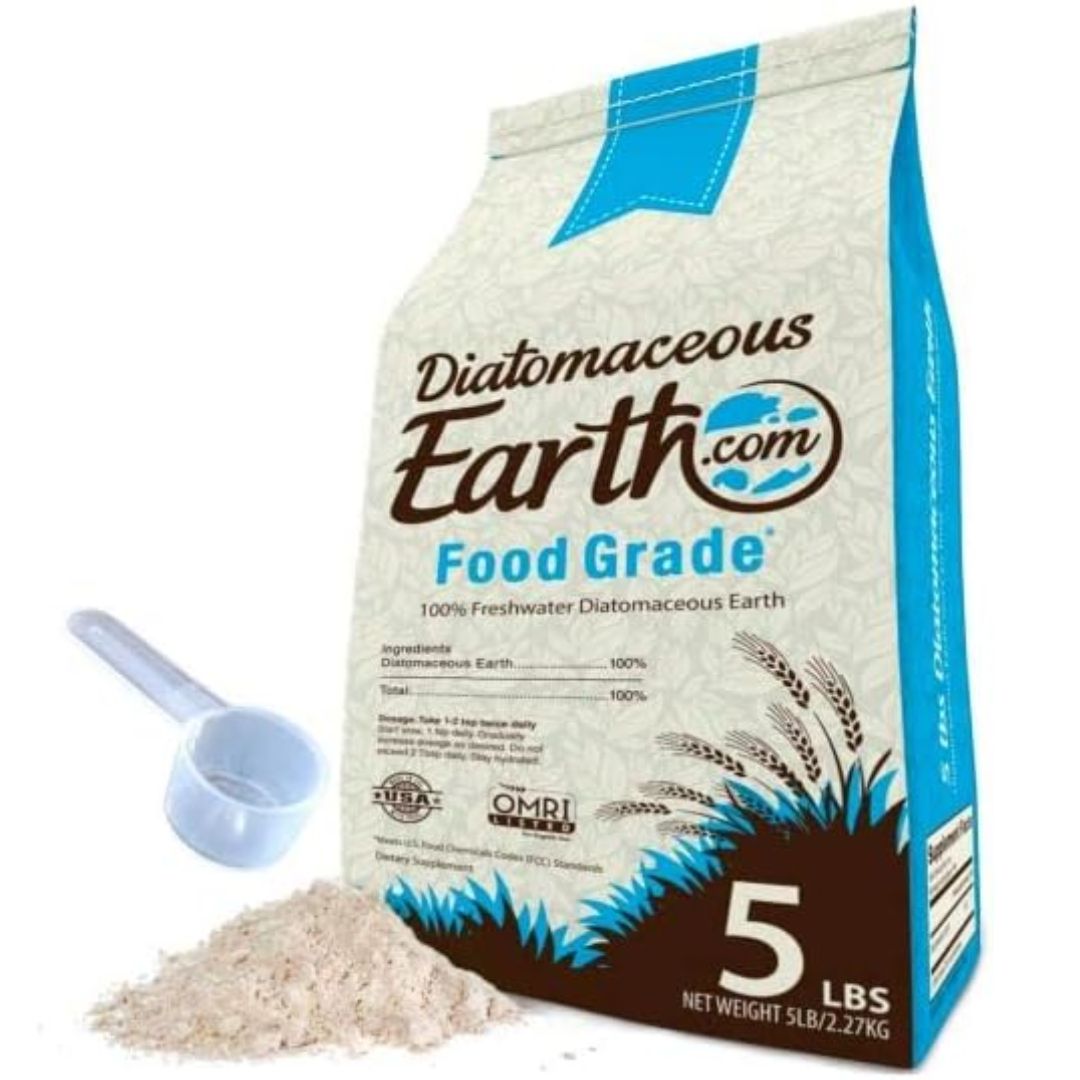3 Easy Tricks to Prevent Flying Ants Getting Into Your House — Do These Now, and Thank Us Later
These flying pests can be found during warmer seasons around your home and garden. Here's everything you need to know to prevent them from entering your space


Flying ants, also known as Alates, can be quite a nuisance if they find their way into your backyard and home. These little creatures are not in any way a threat to humans, but sometimes they can manage to fiddle their way into unwanted territory — which many (including myself) might find very annoying. With flying ants appearing across the country, it’s important to understand what these insects are and why they tend to hover around your home.
Pest control expert Nicole Carpenter, from Black Pest Prevention tells us, 'flying ants are just matured ants with wings. Ants develop wings to mate and start new colonies. You'll know it's a flying ant and not another insect if it has a narrow waist, bent antennae, and two pairs of wings with the front pair larger than the back pair. While regular ants move along the ground, flying ants are capable of flight’.
Flying ants often arrive in large swarms, and they're not particularly beneficial garden insects (and even less so when they enter your home). So, what would be the best way to stop them entering your sanctuary? Here’s what pest experts have to say about it.
How To Get Rid of Flying Ants

'In order to get rid of flying ants, you need to get rid of ants first, as flying ants are just matured ants with wings,' pest expert, Nicole Carpenter, says.
However the expert notes that methods which work with ants also work with flying ants.
So without further ado, here are a few methods you can use to get rid of those unwanted flying ants.
1. Cover cracks and eliminate debris

'The first is to do everything so that no more ants can enter your home,' Nicole says. 'To do this, you first need to check your do for cracks and cracks. Cracks and crevices in the structure of the house serve as entry points for ants'.
Nicole tells us proper insulation and eliminating potential entry points are significant factors when it comes to preventing ants from entering your home. She adds: 'Ants enter your home through gaps and holes in your home structure. Check your exterior walls, window and door frames, floors, and foundations for cracks – even a tiny gap can let ants enter your home. Use a caulk or weather-stripping to seal all these potential entry points'.
As for your beloved backyard, Nicole says the best prevention and protection would be to 'eliminate debris'. This includes fallen leaves, wood piles, grass clippings and standing water. 'Ants are attracted by standing water as they need moisture to live. It’s important to keep your garden free of fallen leaves, wood piles, and grass clippings because these provide shelter and nesting sites for ants'.
2. Use diatomaceous earth

Nicole says one of her favorite methods of dealing with flying ants is by using diatomaceous earth — which is a natural and non-toxic way of repelling pests. So, how does this method repel ants? 'Food-grade diatomaceous earth penetrates ant’s exoskeleton and absorbs moisture and oils, leading it to dehydration and death,' Nicole explains.
She continues: 'Food-grade diatomaceous earth is pretty easy to use. You just need to spread it in a very thin even layer in the following areas: around baseboards, near entry points such as doors and windows, and along the foundation of your home'.
However, Nicole says you should avoid creating piles of diatomaceous earth as it ants can bypass them. She recommends using 'a duster for diatomaceous earth because it creates a fine mist which disperses the powder evenly. It's important to reapply diatomaceous earth after rain and cleaning, as it's only effective when completely dry. This is why this product is perfect for indoor usage'.
3. Strong odors can keep the flying ants away
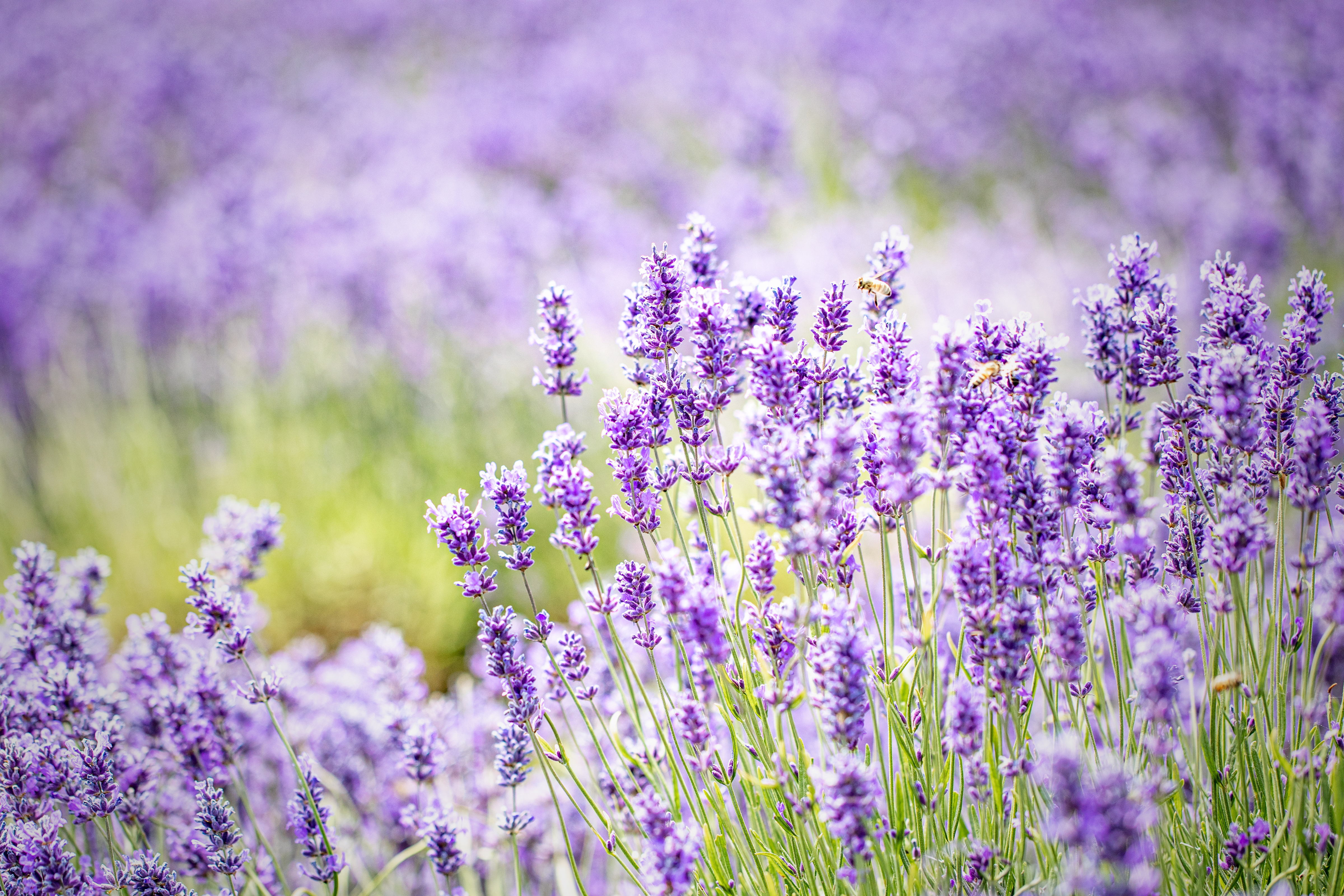
Did you know that ants use pheromones as chemical signals to communicate with their fellow ants? Nicole tell us: 'When ants like your home and find it a favorable environment for living and building colonies, they send a signal to other ants by releasing pheromones. It’s super important to disrupt these pheromone trails to prevent more ants from entering your home or to prevent the return'.
To prevent them from entering an area, Nicole recommends: 'creating homemade mixtures using products with strong odors to eliminate these pheromone trails. Vinegar would be a good option for this. Mix equal parts of vinegar and water and spray it in spots where ants have been noticed. You can also use lemon juice or peppermint oil by adding a few drops of them to water and spraying it around areas of ant activity'.
Nicole says a great way of keeping the flying ants away from your plants is to 'plant ant repelling plants such as mint, lavender, and marigolds. By planting them in the perimeter of your outdoor area and home, you create an anti-ants fence and reduce the likelihood of ant infestation'.
FAQ

Nicole Carpenter started working at Black Pest Prevention when she was in high school. She continued working there while attending N.C. State University and eventually became the President. Black Pest Prevention is a company that helps with pest control in Charlotte and serves both North and South Carolina.
Can flying ants affect my garden plants?

Pest expert Nicole Carpenter says although these insects can be quite annoying, they do not pose a huge threat to your garden. However, 'they can cause problems indirectly because flying ants in your garden may indicate the presence of aphids and other sap-sucking insects,' Nicole adds.
When do flying ants usually appear and why?
'Flying ants appear in late spring and summer, often after rain. Warmth and moist conditions are ideal for flying ants to leave their nests to mate and establish new colonies,' says Nicole.
When is Flying Ant Day?
There is no set date for Flying Ant Day as you may have been lead to believe, but flying ants typically arrive in July or August during hot, humid and moist weather conditions.
Our Top 3 picks for natural ant repellent
Be The First To Know
The Livingetc newsletters are your inside source for what’s shaping interiors now - and what’s next. Discover trend forecasts, smart style ideas, and curated shopping inspiration that brings design to life. Subscribe today and stay ahead of the curve.

Faiza is the Renovation Editor at Livingetc. Faiza is currently renovating her small kitchen in her dainty apartment in London. Faiza previously worked for The Independent as a News Feature Writer, where she crafted lifestyle, entertainment, and news stories. She also worked as an Audience Editor for the newspaper for almost two years. Thriving in the busy newsroom, Faiza also spent her time crafting stories for Sky News as an SEO reporter, where she produced stories based on trending topics. Lifestyle and interior design is a space she has been interested in for quite some time, and as she blossoms in this field, she will continue to further her skills in design and gardening. Faiza has a background in SEO, social media, and reporting. Her passion for writing goes beyond her workm as she loves all things poetry and creative writing.
-
 Biophilic Decluttering — What to Take Out of Your Home (and What to Put in) for a More Natural Home
Biophilic Decluttering — What to Take Out of Your Home (and What to Put in) for a More Natural HomeTry your hand at biophilic decluttering to ground your interiors, connect to the environment, and cure chronic clutter in one go. Here's how.
By Amiya Baratan
-
 10 Arrestingly Beautiful Milan Restaurants Locals *Actually* Dine at — Selected for Their Interiors
10 Arrestingly Beautiful Milan Restaurants Locals *Actually* Dine at — Selected for Their InteriorsBrought to you by our community of culture insiders, this edit of the best restaurants in Milan sees authentic Italian food and immersive design unite
By Gilda Bruno
